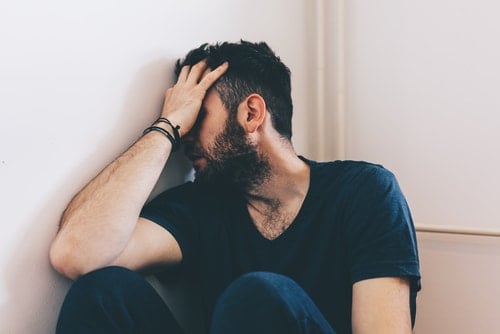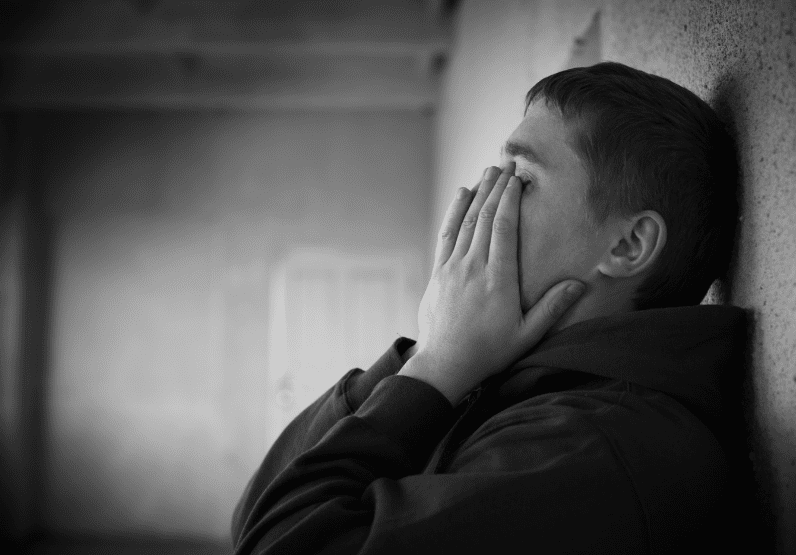What Are Psychedelics?
Psychedelics are a class of hallucinogenic drugs that can be composed of chemicals, such as LSD, or plants, such as psilocybin mushrooms. Psychedelics, sometimes called “hallucinogens” have a primary effect of triggering non-ordinary states of consciousness in the individuals who take them. Other psychedelics include ecstasy, PCP, GHB, ketamine, ayahuasca, and salvia.
Psychedelics can be taken in a number of ways, including being eaten, smoked, or brewed into tea. Effects of psychedelics may include:
- Nausea
- Feelings of relaxation
- Introspective/ spiritual experiences
- Increased energy
- Intensified feelings Hallucinations
- Altered sense of time
- Vivid sensory experiences
- Paranoia
Depending on factors such as the type of substance, the strength of substance, and the amount taken, the duration of effects of the hallucinogenic drugs can vary. For example, an LSD trip can last up to 12 hours, while a mushroom trip generally lasts four to six.
As part of the 1970 Controlled Substances Act, all psychedelic drugs are listed as Schedule I substances, meaning they are classified as drugs with no currently accepted medical use and a high potential for abuse. In the past several years, however, a number of cities have made motions to decriminalize the use of some psychedelics—specifically, psilocybin mushrooms. Denver, Colorado, and the District of Columbia have now changed their laws. In November 2020, the state of Oregon became the first state to legalize psilocybin mushrooms, while psychedelics like LSD and ecstasy remain illegal.
History Of Psychedelics
Psychedelics have been used for millennia, according to numerous research studies and historical archives, such as “The Past and Future of Psychedelic Science.”
Modern psychedelic research began when Albert Hofmann first synthesized lysergic acid diethylamide (LSD-25) in 1938, while trying to develop a circulatory system stimulant. When LSD did not work for his purposes, he set it aside but returned to it five years later to do further research. While working with it, he accidentally absorbed some of the chemicals into the skin on his hand and experienced a radical shift in consciousness.
After experimenting further, he began sending his discovery of LSD to universities around the world, believing it, along with other psychedelics, could benefit psychiatry. In 1960 a Harvard psychologist named Timothy Leary received some of those psychedelics, who became one of psychedelics’ biggest advocates.
In 1966, President Johnson signed the Drug Abuse Control Act into law, making the possession of psychedelics a crime, and in 1970, President Nixon passed the more comprehensive Controlled Substances Act which established a federal program to enforce drug laws. Many contribute the illegality of psychedelics more to “moral panic” than any concern for bodily harm.
These days, psychedelics are in a renaissance of sorts, with many breakthrough studies showing the therapeutic and psychological benefits of the drugs. Many cities and states are even making moves to decriminalize and legalize them. However, psychedelics do have risks, and it is important to be aware of them.
The Dark Side of Psychedelics
For all the positive research being done on psychedelics, it is important to note that psychedelics can also be quite dangerous. They do have a dark side and a potentially deadly one.
The most frequent negative experience with psychedelics that many individuals have heard of before is called a “bad trip.” A “trip” is a term used for the duration of time a person experiences the effects of a psychedelic—which can often feel and even look like traveling in space and time. A “bad trip” refers to an unpleasant trip or an unpleasant experience of psychedelic intoxication.
Though many people experience hallucinations while taking psychedelics, the experience of dark, harmful, or scary hallucinations is the hallmark of a bad trip. Other effects may include a sense of time standing still (thus, the trip never-ending), paranoia, and drastic mood swings. There is no way to abruptly stop a bad trip, so if someone is at risk of harming themselves or someone else, it is important that they seek medical attention. Note that psychedelics such as LSD can last up to 12 hours, but the effects are generally at their strongest within the first 1-3 hours.
When bad trips get even worse they can even be deadly. There are dozens of reports of fatal incidents involving psychedelics, including some from relatively recently. For example, in 2011, a 22-year-old died after jumping out of a vehicle after taking LSD, and in 2016, a college student murdered his girlfriend after taking LSD.
Though there is much data and research findings on the positive benefits of psychedelics for many mental health issues, concern has also been expressed about the safety of individuals with mental disorders taking psychedelics.
In one study titled “Suicide under the influence of ‘magic mushrooms,’ it states that especially for people with mental or psychiatric disorders, ingestion of magic mushrooms may result in horror trips combined with the intention of self-destruction and suicidal thoughts. Automutilation after consumption of hallucinogenic mushrooms is described, and the case goes on to report the suicide of a man by self-inflicted cut and stab injuries.
Most of the fatal reports involving psychedelics are not due to a physical reaction to the psychedelic drugs themselves, but more of the mental consequences that trigger drastic physical actions being taken. Psychocybin mushrooms are low in toxicity themselves, but there are numerous reports of people jumping to their deaths after taking them. Often, these are reports of individuals jumping out of high-story windows and dying on impact.
Even for individuals who are mentally stable, there is risk in taking psychedelics, as trips can be largely unpredictable, and can quickly lead to dangerous decisions and actions.
Drug and Alcohol Treatment
If you or someone you love is struggling with psychedelic or other drug abuse, it’s time to get help. At Asheville Recovery Center, we have addiction treatment experts ready to guide you or your loved one through the process of finding recovery and long-term sobriety. To learn more about our treatment options and how we can help you or your loved one get sober, give us a call today.








